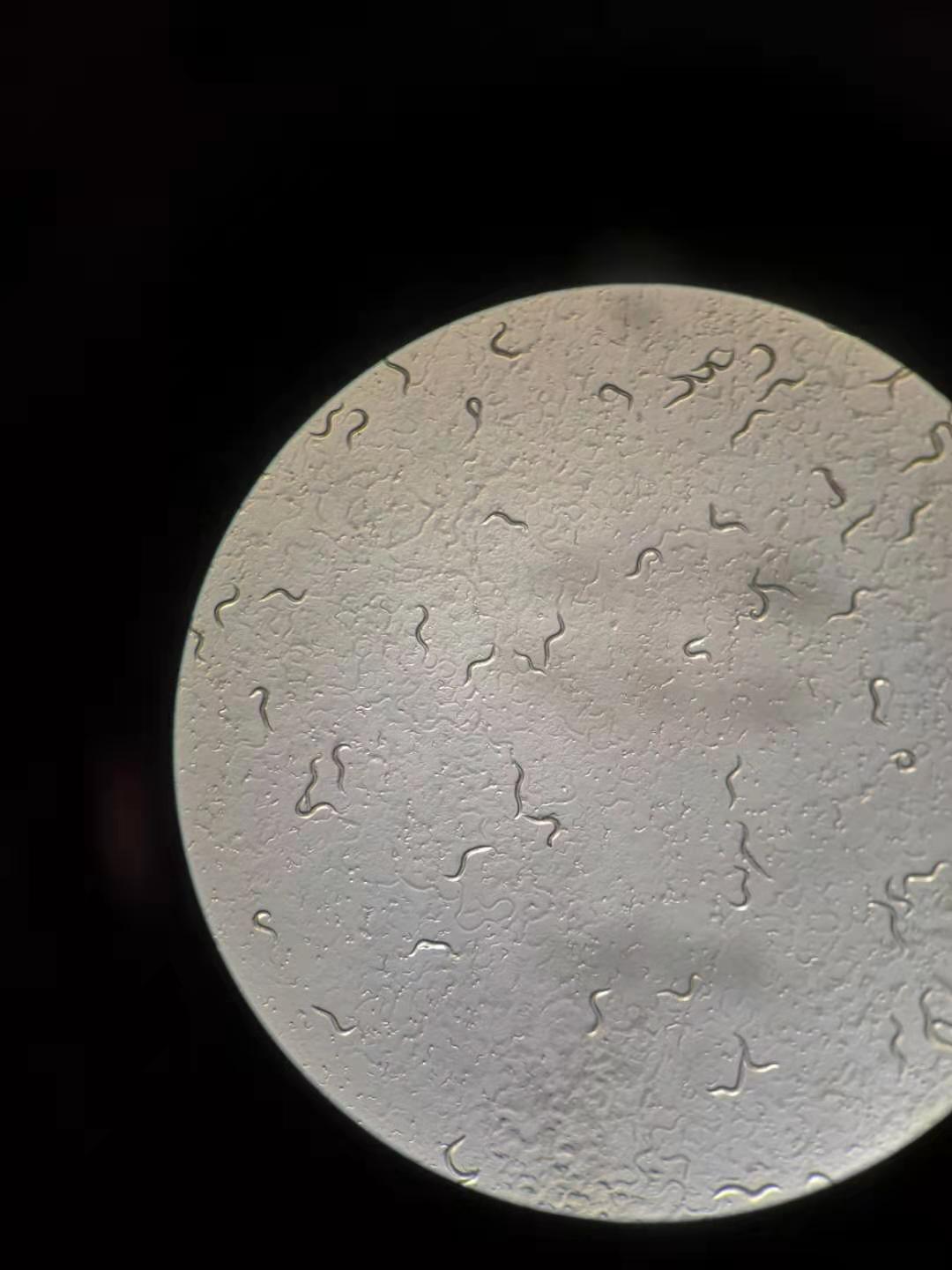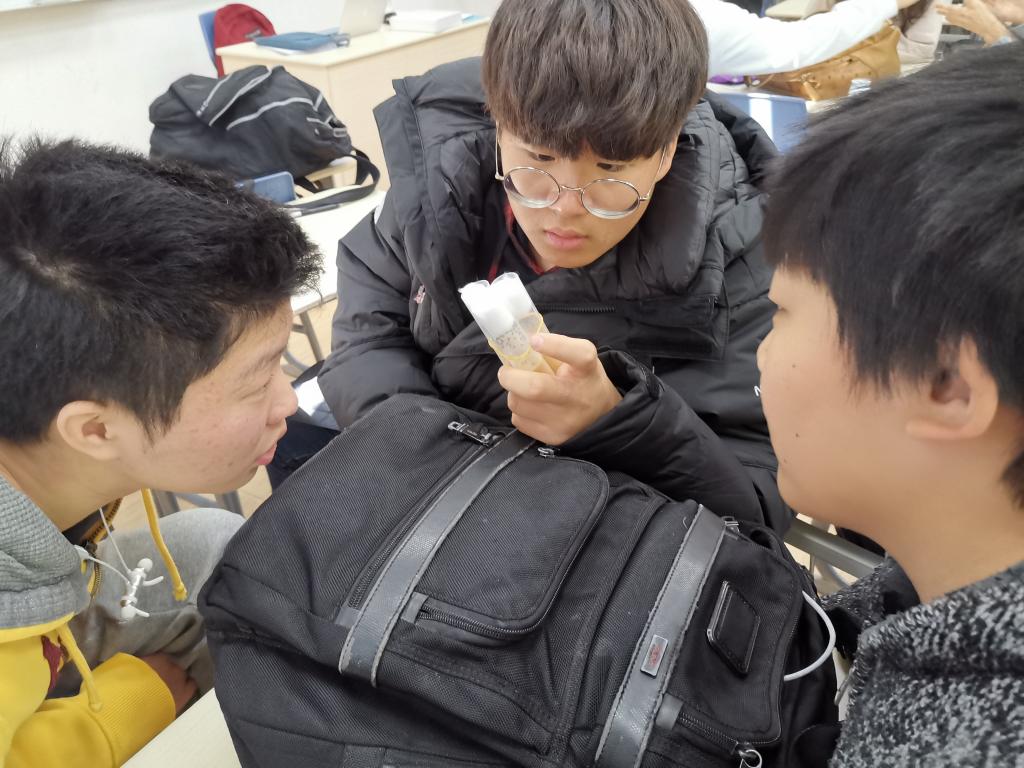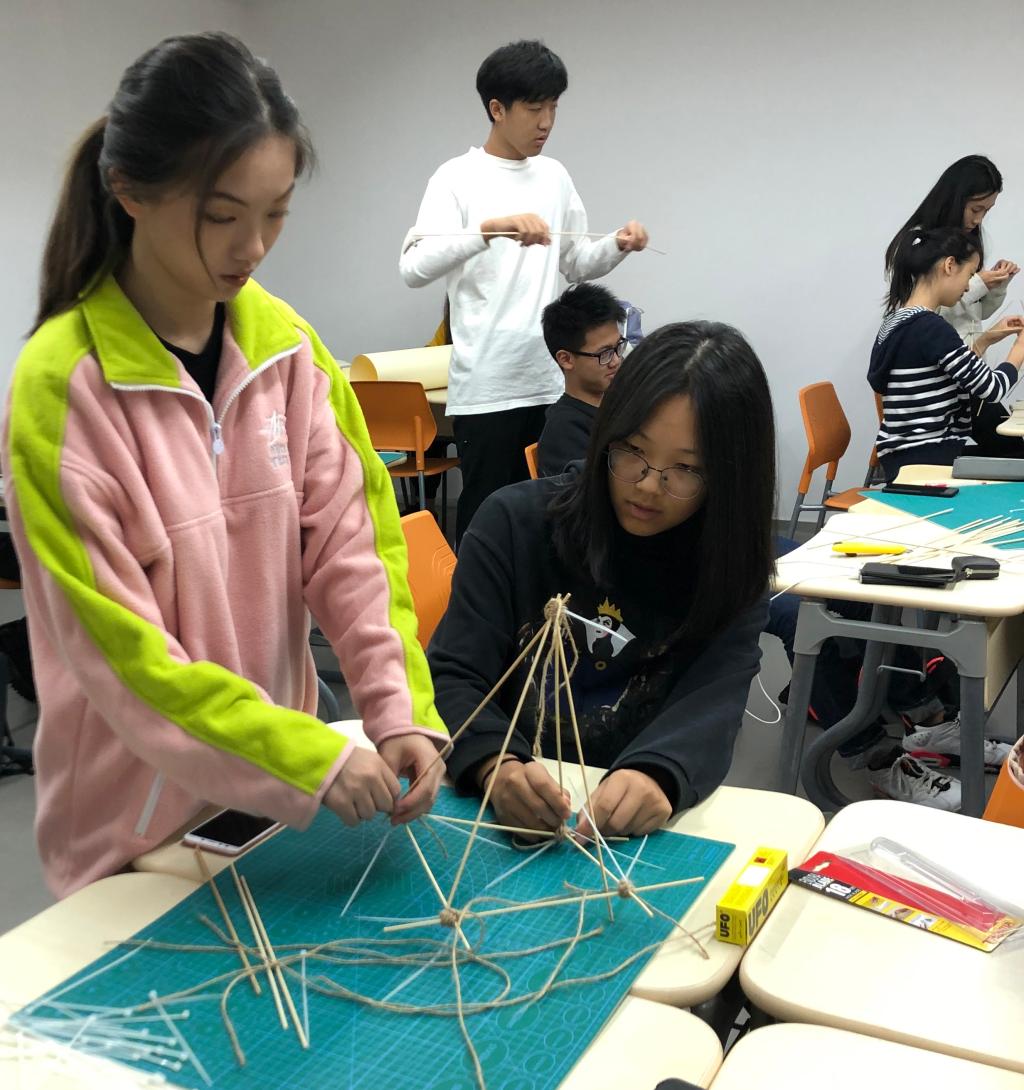-
ABOUT US
-
ACADEMICS
Curriculum Program
Departments
- English
- High School Chinese
- Primary and Junior School Chinese.
- High School Mathematics
- Middle School Mathematics
- Primary School Mathematics
- Music and Fine Arts
- Physical Education
- Physics
- Chemistry
- History and Geography
- Physical Science and Optional courses Department
- Middle School Biology
- High School Biology
- Social Sciences
- Computer Science
- Courses in Primary School
Achievements and Matriculations
College Counseling
Science & Technology Innovation Contest
-
ARTS
-
ATHLETICS
-
AT SHSID
SHSID ∣ TIMES
PTSA
Club Exhibition
- 龙吟社
- Live 2 Drama
- Choir
- Hip-pop Dance Club
- The Primary School Dance Troupe
- Symposiums Club
- Biology Workshop
- You Shan
- VEX Robotic
- Peking Opera Club
- Baseball Club
- Model United Nations
- The World Scholar’s Cup
- Future Problem Solving Club
- United States Academic Pentathlon
- OM Club
- AMC Club
- Music for Patients
- SHSID Gazette
- Smile Charity
- Cultural Moments
- SciAcademy
- Stem Doge Alliance
- Chinese Debate Club
- IAA
- Mock Trial Club
- Zhengming Club
- Art-to-zine
- Bananaheads
- Electronics
- Furry Friends
- GT-Racing
- MCG Philharmonics
- Village Radio
- IMMC Club
- Creative Design and Intelligent Fabrication
- Future City Research Project
- ECOCAP
- AdvocaSEA
- SPDC
- Medishine
- Floorball Club
- Animusic MTC
- Wings Up
Health and Wellness
Campus Safety
Cafeteria Service
-
ADMINISTRATION
-
ADMISSIONS
-
ALUMNI
Alumni Information
Honors Students
- Class of 2024
- Class of 2023
- Class of 2022
- Class of 2021
- Class of 2020
- Class of 2019
- Class of 2018
- Class of 2017
- Class of 2016
- Class of 2015
- Class of 2014
- Class of 2013
- Class of 2012
- Class of 2011
- Class of 2010
- Class of 2009
- Class of 2008
- Class of 2007
- Class of 2006
Who Studied at SHSID
SHS Foundation
-
DOCUMENTS
Grade 10-12: Beyond Courses
Since 2019 school year, the Beyond Course Program was added to grades 10-12. This course was developed to better help students focus on their interests and tap into their potential. In particular, the school invited three senior university teachers from Fudan University, Tongji University and ShanghaiTech University to open non-fictional narrative, architecture, and life frontier science courses. The courses were developed in order to help students better understand the front-line development of related disciplines as well as the in-depth exploration of professional fields of study.
Beyond Course: Non-Fictional Narrative
The Beyond course on non-fictional narrative was taught by Chu Yajie from Fudan University. The course is about how non-fictional images (TV, news, documentaries, etc.) can unfold narratives. The course revolves around two parts: developing an understanding of the basic "building blocks" of narratives as well as identifying the basic characteristics of non-fiction images to understand the creative ideas, narrative features and realistic concepts behind them. The course also includes video and image editing content to help students understand unique language expressions.
Mr. Chu used some examples to give students a more realistic interpretation: when talking about the importance of sound to non-fiction storytelling, he played a silent documentary that gave students insight into how monotonous a silent video creation could be, highlighting the additional sensory and distinctive shock that sound could bring to audiences.
In addition, the course was also designed to give students an opportunity to showcase their own skills. After students finished their own designs, Mr. Chu carefully reviewed each student's photos and introduced areas of improvement. The non-fiction storytelling course gave students a more realistic sense of the importance of the techniques used in films, as well as the tips and details that are often overlooked in their own films.
Beyond Course: Architecture
The Architecture Beyond course was taught by Professor Hua Xiahong of Tongji University. Through the course, the students were able to develop a new understanding of architecture; the relationship between a work of architecture and the artist; the connection between architecture and other art; as well as the correlation between architecture and technology, body image, religion, and philosophy. In addition to the intellectual content, Professor Hua also prepared two practical and fun experiences known as the Bauhaus Centennial Hat Design and the Campus Skits. The first was the design of the Bauhaus hat, with the theme "Game of Thrones", which was divided into three simple steps: drawing images, hands-on production, and finally the display of the pieces at the end of the semester. Such activities undoubtedly gave everyone an experience different from their usual classes. As Professor Hua put it, "I use the body to observe, and both hands to think." In the end, after the design of the Bauhaus hat and campus skit were finished, the students began to design the LinZhong hut in front of the building to make model plans. It was at that moment that students were able to realize that every day spent on the campus is so familiar and yet so strange—the campus looks a different way to each and every one of us. With the help of the professors, the students were able to gently knock on the vast doors of architecture, giving them a preliminary experience to the architectural curriculum. Ultimately, whether or not they’ll be lucky enough to walk down the road to architecture, this Beyond course was still of great significance to every student.
Beyond Course: Science of Life Frontier
The Beyond Science of Life Frontier course is taught by Xia Jing Tong, a teacher at ShanghaiTech University. The course includes the exploration of genetics, involving various animal and behavioral experiments in the life sciences, which also describe many life science development processes. From classic experiments to the 2019 Nobel Prize in Biology, the curriculum explores the possibilities of the future developments in biology based on the study of biological history. In the past three months, the students have designed a variety of experiments. Although some experimental results have been confirmed by many great scientists in the last century, the students' independent research deepened their understanding of scientific methodology.
The course not only contains theoretical teaching, but also offers students the opportunity to experience the university laboratory up close. In the lab, the students collected their own oral epithelial cells and extracted genetic DNA. Through their experience in the lab, students learned about many cutting-edge instruments and gained a first-hand understanding of how they work. Through the course of the experimental operation, the teaching assistants also introduced their ongoing research on the subject. The students saw live copies of nematodes at different times and shared their interests and views on genetics. At the end of the event, students not only oversaw the conclusion of the experiment, but also gained a sense of accomplishment.
At the end of the Beyond courses, the teaching results will be presented in the form of a presentation of works and group reports. The courses not only allow students to gain more knowledge, but also offer the opportunity to learn through experimentation. This type of course allows students to learn both theoretically and practically, which helps students climb to their desired peak as well as understand the roots of the subject.











(Written by: Anita Lo and Jessie Wang Pictures by:students and teachers attending the Beyond courses Supervised: Yajie Chu, Xiahong Chu, Xiajing Tong, Li Zhang, Junyu Xie)